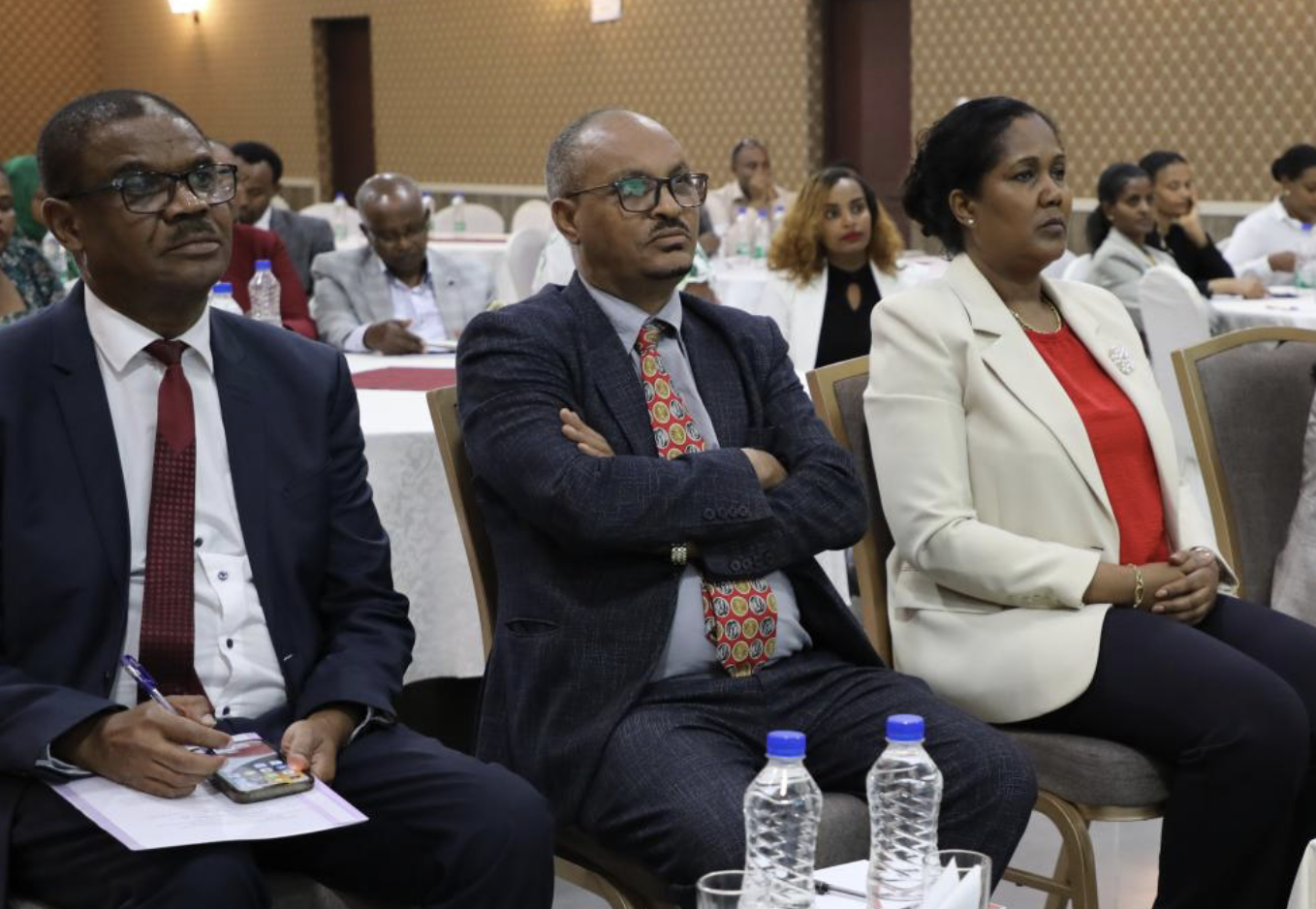Ethiopia’s excise tax reforms on tobacco, alcohol, and sugary drinks showcase political and multisectoral leadership, generating revenue and reducing NCDs while advancing Universal Health Coverage and health system resilience.
Ethiopia is emerging as a leader in health financing reforms in Africa, demonstrating a powerful blend of political will and multisectoral collaboration. The Ethiopian House of Peoples’ Representatives, the Ministry of Health, and multiple partners are using health taxes as a key strategy to strengthen the national health system, curb noncommunicable diseases (NCDs), and progress toward Universal Health Coverage (UHC). This commitment was highlighted during a high-level workshop in Adama in June 2025, jointly organized by WHO Ethiopia and the Ministry of Health, with support from the Inter-Parliamentary Union (IPU) and Norwegian Government funding. The event brought together lawmakers and health officials to strengthen their understanding of—and leadership in—using excise taxes on tobacco, alcohol, and sugar-sweetened beverages as effective public health tools.
H.E. Lomi Bedo, Deputy Speaker of the House, praised the transformative power of Ethiopia’s 2020 excise tax law, which targets unhealthy products. By raising prices on products linked with addiction and premature death, the nation is both advancing public health and generating vital domestic revenue to fund essential health services. The Parliament’s proactive stance reflects Ethiopia’s broader development goals and its commitment to the Sustainable Development Goals (SDGs). The State Minister of Health, H.E. Dr. Dereje Duguma, also addressed persistent tobacco industry claims that tax hikes are driving more than half of the market illicit, reiterating the need for evidence-based policymaking and strong tax administration to counter misinformation. The Ministry remains dedicated to working with Parliament, WHO, and other partners to uphold progress on NCD control and UHC.
Dr. Owen Laws Kaluwa, the WHO Representative to Ethiopia, noted that Ethiopia’s drive to use innovative fiscal measures—including health taxes—marks it as a priority nation in a multi-year WHO project funded by Norway. This initiative aims to provide technical assistance for policy analysis, tax implementation, and improved access to NCD care. According to Dr. Kaluwa, the 2020 excise tax law ranks among the most significant levers available for both reducing the consumption of harmful products and strengthening domestic resource mobilization.
Throughout the workshop, participating MPs and parliamentary staff reviewed the latest evidence and tools to support effective tax policy design and sustainable implementation. They focused on Parliament’s crucial role in ensuring robust tax systems, making timely fiscal adjustments, and keeping these policies free from industry interference. The discussions underscored a commitment to fiscal policy that prioritizes public health and social equity.
Health taxes have increasing global recognition for tackling NCDs, conditions responsible for the majority of worldwide deaths and disproportionately impacting low- and middle-income countries. Ethiopia’s approach—evidence-based, supported by strategic legislation, and implemented in partnership with national and international stakeholders—demonstrates how effective fiscal policy can boost both public health and economic resilience. WHO Ethiopia has pledged continued collaboration with government and allied bodies to ensure that health taxes remain effective and that additional revenues are managed with accountability and efficiency to meet health objectives.
Ultimately, Ethiopia’s strategy demonstrates that health taxes are more than just financial instruments; they actively safeguard lives and support the nation’s ongoing journey as a regional model in health system innovation and UHC advancement. The country’s experience illustrates the value of sustained political commitment, sectoral coordination, and strategic fiscal policy in delivering far-reaching health gains for its population.



